Introduction
The financial impact of corrosion globally is approximately $2.2 trillion, representing about 3% of the world’s GDP (source: The World Corrosion Organization). Implementing effective corrosion control strategies could potentially cut these costs by 15%-35%. These figures do not account for safety or environmental impacts. Many industries have learned that poor corrosion management can lead to substantial financial losses through accidents, downtime, and other issues. A comprehensive corrosion management plan can result in significant long-term savings. Industrial coatings are a proven method for corrosion protection.
Understanding Corrosion
Corrosion, originating from the Latin word 'corrodere' meaning 'to gnaw away,' refers to the deterioration of metals. Steel, widely used in construction alongside bituminous materials, can be seen as undergoing a reverse process of its manufacturing. Steel production involves extracting iron from ore with substantial energy input, which renders the steel inherently unstable. Nature seeks stability, causing iron to revert to its more stable form, iron oxide, under favorable conditions, leading to corrosion.
Corrosion arises from environmental and manufacturing conditions, forming what is known as a corrosion cell. This cell consists of:
- Anode
- Cathode
- Metallic Pathway (or external conductor)
- Electrolyte
Corrosion Protection through Coatings
Different materials offer varied mechanisms for corrosion protection. Industrial coatings are the most commonly used solution for shielding metal structures from corrosion. These coatings create a barrier that isolates the substrate from environmental elements, preventing corrosion. Selecting the right coating involves understanding its definition and application to ensure effective protection. For instance, while fusion-bonded epoxy is an excellent coating, it may not be suitable for a concrete pipeline.
Coatings as a Corrosion Solution
Industrial, architectural, and commercial sectors rely on coatings to safeguard equipment and assets. Coatings, which can be applied as powders, liquids, or putties, form a protective film on surfaces. This film acts as a barrier, preventing corrosion by blocking corrosive elements, hindering electrochemical reactions, or directing the corrosion process away from harming the asset.
Different coatings offer varied levels of protection against chemical attacks, general and localized corrosion. The effectiveness of a coating depends on its compatibility with the material and environment. For example, powder-coated steel resists rust to a degree but is not entirely immune. The environmental conditions play a crucial role in the coating’s performance.
Devcon Coatings for Enhanced Corrosion Protection
For over 60 years, Devcon® has provided effective epoxy coating solutions to protect valuable equipment from corrosion. Devcon’s range of coatings includes:
- Devcon Brushable Ceramic: Ideal for pumps, heat exchangers, vessels, and impellers.
- Devcon Ceramic Repair Putty: Rebuilds and repairs worn components such as pump casings and tube sheets.
- Devcon EZ-Spray Ceramic: Protects new equipment and rebuilds components exposed to erosion and corrosion.
- Devcon Epoxy Coat™ 7000AR: Designed for chemical storage tanks and containment areas requiring acid resistance.
- Devcon Wear Guard Fine Load: Suitable for slurry pumps and screw conveyors.
- Devcon DFense Blok®: Offers impact and wear resistance for a range of industrial applications.
Conclusion
Corrosion and wear are inevitable but manageable with the right protective coatings. Devcon’s extensive range of industrial coatings has a proven track record of safeguarding equipment across various industries. Whether you need to address galvanic corrosion, seek cathodic protection, or combat rusting, our coatings can provide the effective protection you need.

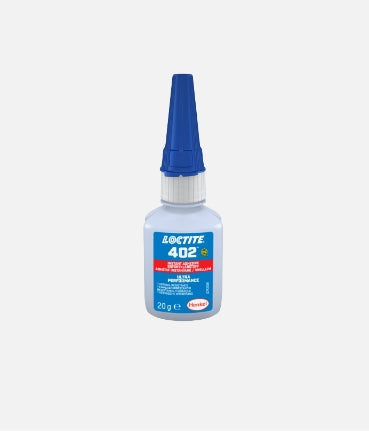
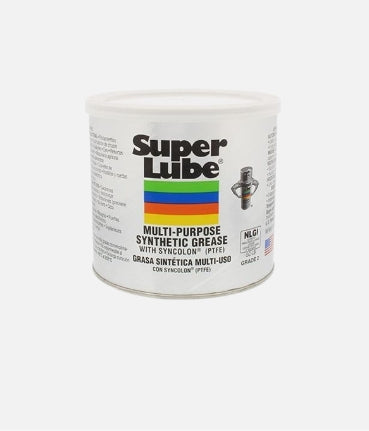
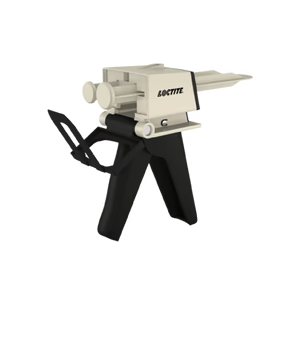
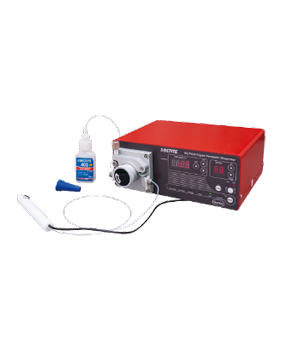



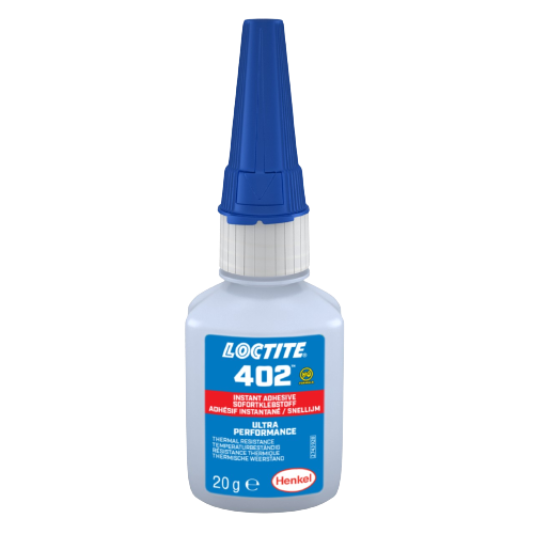
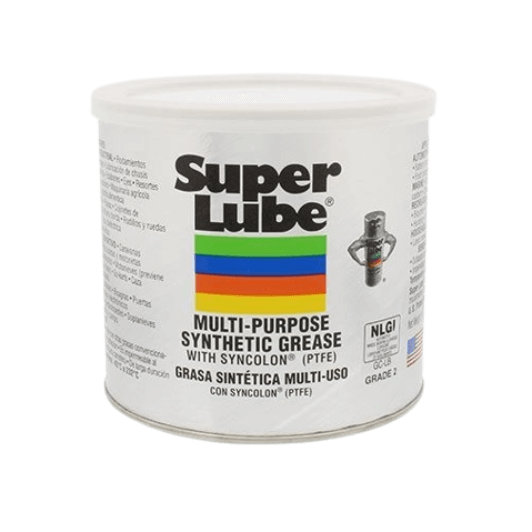

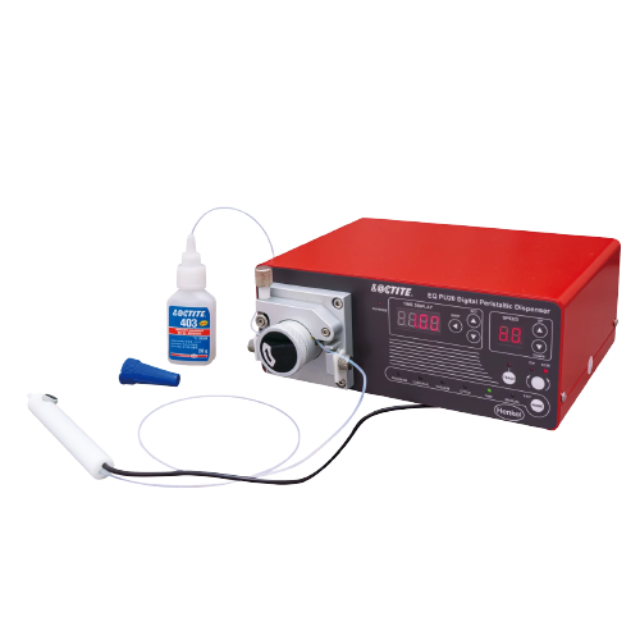
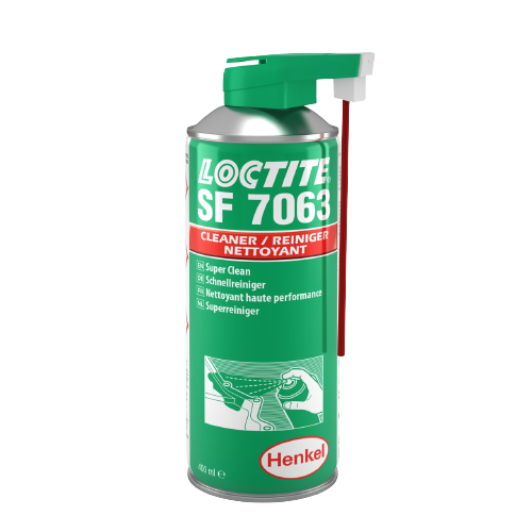
Leave a comment
All comments are moderated before being published.
This site is protected by reCAPTCHA and the Google Privacy Policy and Terms of Service apply.